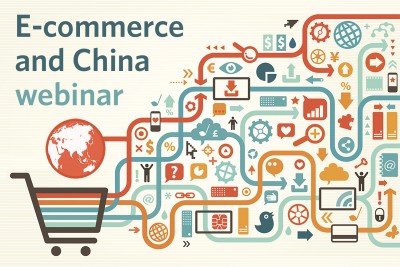Steve Andreadis, Library of Congress; The Seizure of Jewish Intellectual Property Ahead of World War II
"The following is a guest post by Marilyn Creswell, information resources assistant at the University of Michigan Law School. She served as Librarian-in-Residence at the U.S. Copyright Office from July 2020 to April 2021.
As the United States enters the Days of Remembrance of the Victims of the Holocaust, we remember the many hardships Jewish people have overcome. In this blog we specifically explore the lesser-known area of intellectual property (IP) leading up to and during World War II. Beginning in 1933, the Nazi German state began pressuring Jewish business owners to sell their businesses far below market value. By 1938, a majority of Jewish-owned businesses were already sold or out of business when this process, called Aryanization, became compulsory after Kristallnacht.1 As part of the seizure of businesses and personal property, the ability of Jewish people to benefit from their intellectual property was also severely restricted. A 1939 executive order required all Jewish men to add “Israel” as a second name and women to add “Sara.”2 This made it easier for Nazi officials to deny intellectual property registrations and renewals to Jewish applicants, cutting them off from the IP system.3 While the loss of IP rights pales in comparison to the horrific death tolls during World War II, its loss is another indignity the Jewish people suffered and source of wealth extracted at the hands of the Nazis.
In some instances, works by Jewish authors were nearly completely reproduced and distributed by others without their consent. One example of an Aryanized work is Alice Urbach’s So kocht man in Wien!, a Viennese cookbook. Urbach was forced to transfer the rights to her book, which was then republished with new authorial credit to “Rudolf Rösch.” The new work kept most of the original texts and photographs of her cooking demonstrations but removed elements celebrating Vienna’s diversity.4 In the field of medicine, Dr. Josef Löbel’s Knaurs Gesundheitslexikon was a health encyclopedia that, after the Otto Liebmann publishing house was taken over by a Nazi publisher, was republished by the author Herbert Volkmann under the pseudonym “Peter Hiron.” Volkmann even added new sections on race, homosexuality, and prison psychology. He similarly usurped authorship for Dr. Walter Guttman’s Medizinische Terminologie and its ongoing publications.5
Public domain works were revised to remove references to Jewish people and culture. For example, Fritz Stein presented a new version of Handel’s Occasional Oratorio (Gelegenheits Oratorium) in 1935 that added state-promoting verses and removed references to Jacob, Jehovah, and the full aria “When Israel, like the bounteous Nile.” In 1941, Handel’s Jephtha was renamed Das Opfer and changed so its Jewish history was reframed as a broader narrative about nationalism. The text of his Judas Maccabeus was not only rewritten to omit Jewish references, but it went so far as to make it into a “patriotic fold oratorio” and eventually transplanted Judas with a Field Marshall, a powerful military dictator analogous to the Führer.6 Also in 1941, all theatrical productions required permission from the Reich Dramaturgy, which banned Shakespeare’s historical plays but encouraged the broadcast and production of the anti-Semitic Merchant of Venice.7"
